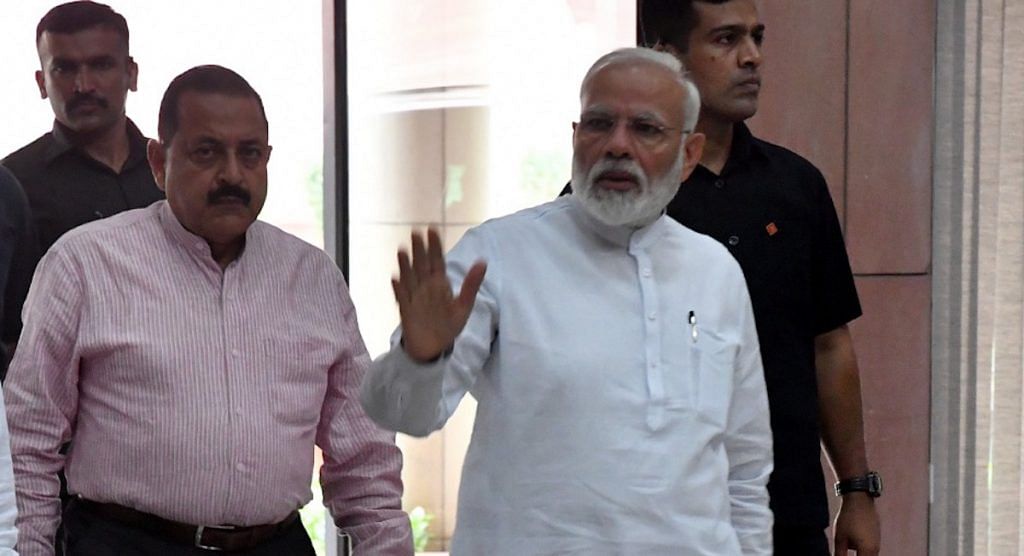New Delhi: The National Campaign for People’s Right to Information (NCPRI) has rejected the amendments proposed by the Modi government to the Right To Information (RTI) law and has called them “regressive”.
The NCPRI, in a press release, has said that the amendments dilute the RTI legislation and has demanded that discussions be brought under an appropriate Parliamentary Standing Committee without further delay. The independent RTI watchdog has also warned that if the government goes ahead with the amendments, it will resort to a nationwide protest.
“We are going to protest this move by the government in every possible way,” Anjali Bhardwaj, co-convenor of the National Campaign for People’s Right to Information told ThePrint. “We will speak to all political parties and make representations that the law cannot be diluted. We are going to hold nationwide protests resisting this.”
Despite severe criticism on the proposed changes, the government Friday introduced Right to Information (Amendment) Bill, 2019, in Lok Sabha and a discussion on it is slated for Monday.
The bill seeks to do away with the stature of information commissioners from equivalent of election commissioners and give the Centre the power to set their salaries and tenure thereby eroding their ability to operate freely.
Introducing the bill on Friday in the Lok Sabha, the Minister of State in the Prime Minister’s Office, Jitendra Singh, said the amendments would bring in greater transparency.
Also read: Why Modi govt’s instant triple talaq bill—a ‘law for women’s rights’—has divided Parliament
Govt not focusing on real issues
According to the NCPRI, the government is not focusing on real issues that continue to impede proper functioning of the law and instead it is focusing on “mean to subvert the independence and autonomy of the adjudicating authorities under the RTI Act”.
Demanding the amendments be withdrawn with “immediate effect” the NCPRI has asked the government to follow the due process in carrying out its legislative business and ensure that all draft legislations (including amendments) be put through the pre-legislative consultation process.
“The NCPRI will oppose these regressive amendments and mobilise public opinion, so that this peoples law is protected,” the release said.
According to Congress MP Adhir Ranjan Chowdhury, the “RTI Act is a fundamental right and this bill is an attempt to infringe on our right”.
He also added that the proposed amendments were not circulated to members two days before its introduction as is prescribed by the rules.
Shashi Tharoor of Congress also alleged that the bill is “an RTI elimination bill”.
AIMIM MP Asaduddin Owaisi sought a division of votes through paper votes on whether the bill should be introduced or not.
Also read: Modi govt’s plan to make changes to RTI Act an assault on transparency law: Activists
